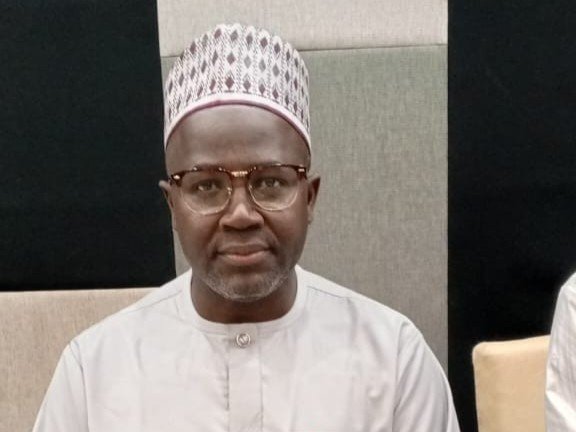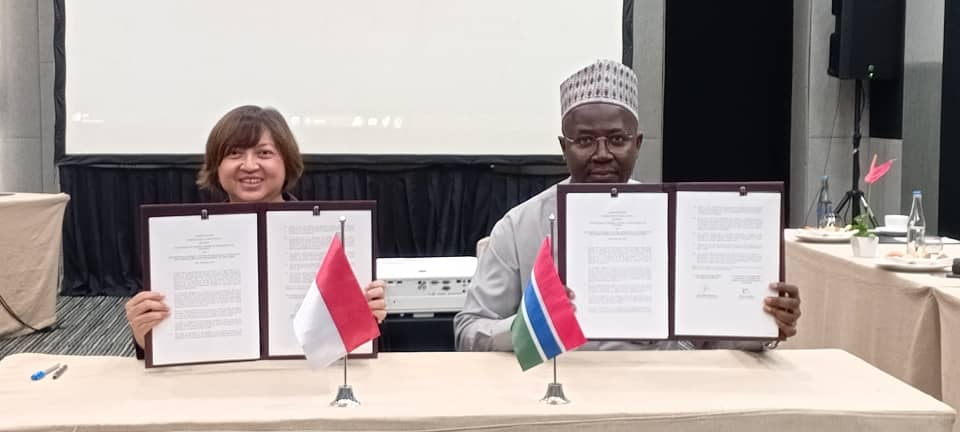The ECOWAS Commission, through its Directorate of Customs Union and Taxation, has organised a four-day workshop to enhance the capacity of Member States in implementing regional tax expenditure reforms.
The workshop, held from 24 to 27 March 2025, in collaboration with the World Bank, brought together representatives from the Ministries of Finance and Tax Administrations of Anglophone ECOWAS nations.
The event focused on equipping tax officials with the technical knowledge and tools to implement the ECOWAS-adopted methodology on tax expenditure. Participants engaged in discussions on fiscal policies, legal frameworks, and best practices for tax incentive management to improve revenue mobilization and transparency.
Speaking on behalf of ECOWAS Commission President H.E. Dr Omar Alieu Touray, ECOWAS Resident Representative in Sierra Leone, H.E. Ambassador Harouna Moussa, highlighted the importance of aligning tax policies with international standards to support economic growth. “Tax expenditures, if not properly assessed and managed, can significantly impact government revenues and economic development,” he stated. “This workshop provides a valuable platform to deepen understanding and strengthen tax governance across the region.”
Sierra Leone’s Director of Tax Revenue and Policy, Idrissa Kanu, commended ECOWAS for its commitment to harmonizing tax estimation methods and strengthening governance. “We appreciate ECOWAS’ dedication to tax reforms that promote transparency and accountability,” Mr Kanu remarked, saying: “A well-structured tax policy not only improves revenue collection but also ensures fairness in granting tax exemptions and incentives.”
World Bank Senior Economist Alastair Thomas reaffirmed the institution’s support for ECOWAS tax reforms, stating, “The World Bank is pleased to collaborate with ECOWAS in enhancing Member States’ capacity for tax expenditure management. A transparent and well-managed tax system is key to broadening the tax base and fostering sustainable economic growth.”
Through expert-led sessions, peer learning, and interactive discussions, the workshop fostered collaboration and knowledge-sharing among ECOWAS Member States, ultimately contributing to improved tax policy formulation and administration in West Africa.






